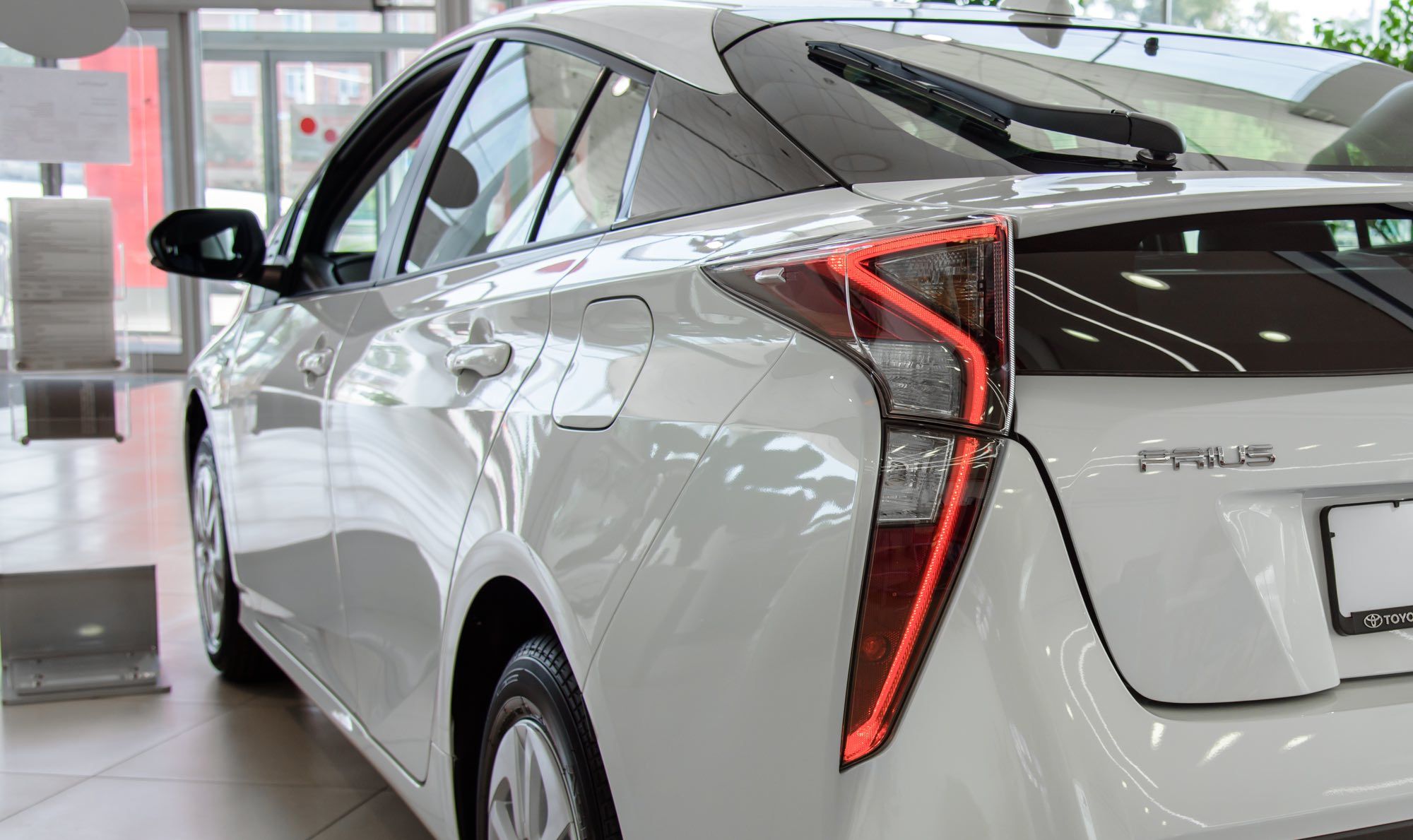Top Class Actions’s website and social media posts use affiliate links. If you make a purchase using such links, we may receive a commission, but it will not result in any additional charges to you. Please review our Affiliate Link Disclosure for more information.
Toyota has attempted to block a class action lawsuit alleging that some Priuses possess a defect that causes the vehicles to stall.
According to the car manufacturer, the customers’ claims should be handled out of court.
Toyota alleges that two customers who had brought claims forward in the Prius class action lawsuit signed arbitration agreements that prevented them from suing. This agreement was reportedly part of the purchase terms of their vehicles.
According to Toyota, the arbitration agreement is valid and enforceable under the Federal Arbitration Act. The company also claims that customers knowingly and voluntarily agreed to sign the arbitration agreement, so it should be upheld.
Stephen Kosareff and Laura Kakish are two of seven plaintiffs who filed the Toyota Prius hybrid defect class action lawsuit, and the two who Toyota says are not able to pursue legal claims.
Toyota says they leased and purchased their vehicles in 2010, and inso doing, signed arbitration agreements.
With five others, Kosareff and Kakish filed their Toyota Prius defect allegations against the car maker in 2018. They claimed that Priuses possess defective inverter components.
Allegedly, these defective elements can cause the vehicles to overheat, and then to slow down or stall suddenly if they are being driven at high speeds.
The customers state that this slowing or stalling is a part of the vehicles’ “fail-safe” mode in 2010 to 2014 Priuses.
Drivers say that this defect is dangerous one, arguing that if the vehicles stall, they can get into collisions that can injure or kill drivers, passengers and others.
According to customers, Toyota could have foreseen this problem, noting that other hybrid vehicles have also been the subject of criticism around their safety. In particular, the drivers point to earlier safety concerns raised about the Toyota Highlander SUV hybrids.
The customers say that the defect financially injured them and other drivers, because had they known that the Priuses possessed this defect, they would not have purchased the vehicles or would not have paid as much as they did for them.
The plaintiffs note that many customers are drawn to hybrids specifically because they are advertised as being fuel efficient.
However, the defects in the inverter components allegedly cause the vehicles to stall and decreases the vehicles’ fuel efficiency.
The drivers argue that this problem further financially injured customers, because they paid more money for fuel than they would have if they had purchased a hybrid that did not have this defect.
Allegedly, Toyota knew about the problem and did not inform customers of the problem, nor did they conduct effective recalls to compensate customers and repair damage after the vehicles were on the market.
The plaintiffs note that the company did conduct a recall in 2014 and 2015, but the recall did not solve the problem.
To support their allegations that Toyota is aware of the defect, they note that 2005 Priuses also experienced a similar defect.
They state that the car manufacturer did not effectively deal with the 2005 model year problem, either. Allegedly, they increased the voltage of some models by way of a repair, which worsened the problem.

Some claims were trimmed from the Toyota Prius hybrid class action lawsuit in several instances.
Currently, the remaining allegations include breach of implied warranty, fraudulent concealment, unjust enrichment and consumer protection violations.
Claims were trimmed from the Toyota Prius defect class action lawsuit after a judge denied Toyota’s request to dismiss the entire Toyota Prius hybrid class action lawsuit, instead only agreeing to reduce the allegations.
The company based its request for dismissal on an argument that the defect was caused by lead soldering, and according to the judge, such a technical argument was not appropriate at the current stage in litigation.
Do you drive a Prius? Why did you choose your vehicle? Share your experiences in the comments below.
The Toyota drivers are represented by Jeffrey L. Fazio and Dina E. Micheletti of Fazio Micheletti LLP, Louis R. Miller, Amnon Z. Siegel and Casey B. Sypek of Miller Barondess LLP, Kiesel Law LLP, Baker Marquart LLP, Cuneo Gilbert & LaDuca LLP, and Audet & Partners LLP.
The Toyota Prius Hybrid Stalling Defect Class Action Lawsuit is Remy McCarthy, et al. v. Toyota Motor Corporation, et al., Case No. 8:18-cv-00201-JLS-KES, in the U.S. District Court for the Central District of California.
Read More Lawsuit & Settlement News:
MLB Class Action Alleges Cheating Altered Fantasy Sports Results
SNAP Recipients Unfairly Denied Emergency Food Assistance, Lawsuit Claims
New Laws Aim to Protect California Students from Sexual Assault
Flight Attendants Seek $60 Million in Virgin America Wage Lawsuit
ATTORNEY ADVERTISING
Top Class Actions is a Proud Member of the American Bar Association
LEGAL INFORMATION IS NOT LEGAL ADVICE
Top Class Actions Legal Statement
©2008 – 2024 Top Class Actions® LLC
Various Trademarks held by their respective owners
This website is not intended for viewing or usage by European Union citizens.
















31 thoughts onToyota Strives to Block Stalling Prius Defect Class Action
Our 2014 Prius recently had the safety recall software update at a local Toyota dealer. Since the software update our mileage has dropped from nearly 50 mpg
down to 40mpg. The dealer re-installed the software update to factory specs.
I was told to drive it another tank of fuel and check it again. Still have the same poor mpg. Same quality of fuel, same type of driving since new. Very unhappy with Toyota ‘s safety recall “repair” reprogramming software issue!!!!! Add me to the class action.
I had the J0V update installed last year on my 2010 Prius V, and immediately noticed a 5 mpg drop, which continues to this day. I’ve not had any issues with the inverter. Please add me.
YES ADD ME PLEASE! This just recently happened to my 2010 Toyota Prius. With labor, it cost nearly $2500 to fix! Ridiculous!
My car stalled in busy traffic, and I had little time to get the car off the road, only to coast on a no parking street! My bill is ready to send for PROOF!
THANK YOU!
Also note, this is a 77k mile Prius, one owner since I bought it, immaculate condition besides what just happened with the inverter, hybrid system failure, etc.
Add me
I bought my 2014 that same year, and was never told of any issues. This is upsetting. Add me please!
I have a 2013 Prius. Add me please.
I purchased my 2012 Prius Two brand new in California and did NOT sign the arbitration agreement. I purchased the vehicle because of the advertised fuel economy, since fuel prices in California were so high at the time. The vehicle does not get the same miles per gallon as when I first purchased it. I used to get about 50 MPG city/highway, but now it averages about 42-44 MPG city/highway.
Please add me
I have a 2005 Prius, please add my name to the list.
add me